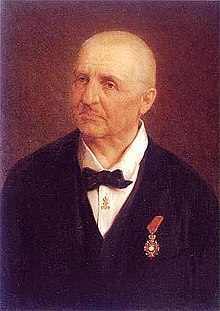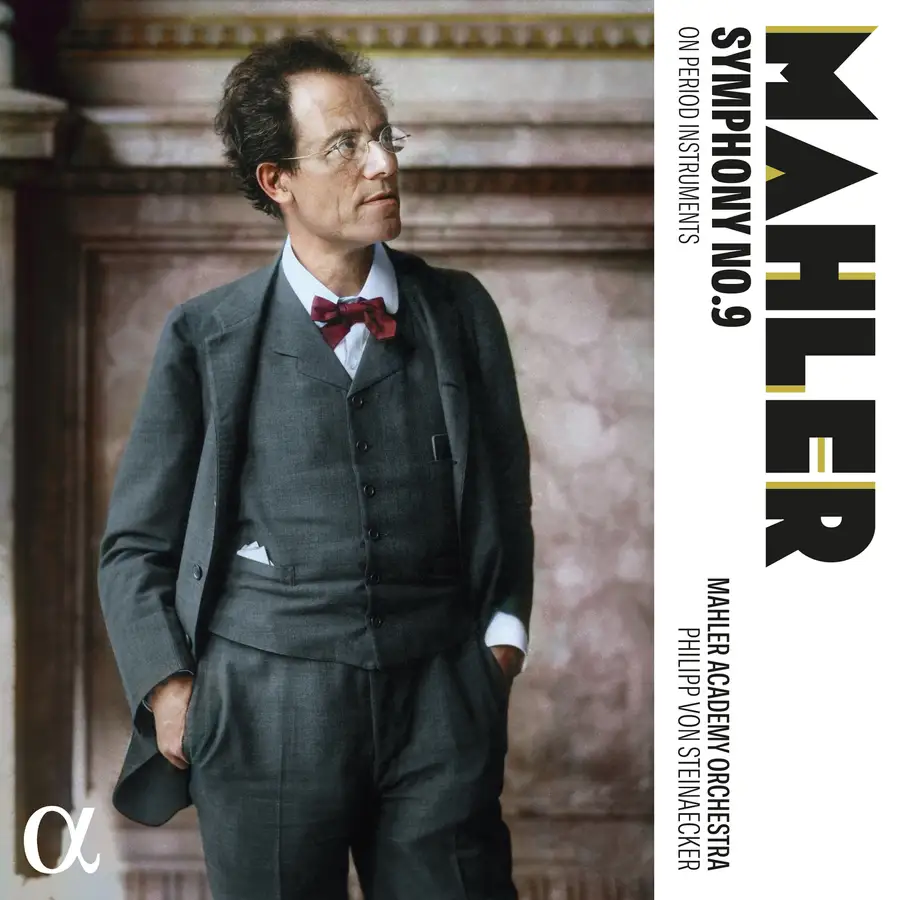Top: TheStern Family in Shanghai. Would everyone smile like that! Bottom: 11 year old Stern practising in China.
NY Diary (20-14): Identity, Diaspora, and a Good Man
Although this Diary Entry is related to the last, it does have a real music angle: it is the fascinating story of two accomplished musicians. But first, a little bit of Chinese History.
Who are the Chinese? Westerners usually equate the Chinese with Han Ethnicity, but it is not as simple as that. The History of China is so immensely long (and recorded long before Western peoples started to do so) and complicated that it confuses almost all of us. It is commonly said the Han (taken from the name of a Dynasty) civilization started North of the Yellow River, regarded as the Mother River of China. Many parts of Southern China were not inhabited until later, and originally occupied by peoples called Southern Yi (Barbarians). It is hard to imagine places like Guangzhou (Canton), Shenzhen and Hong Kong used to be sparsely populated! West and North of the Central Part of China, it is a very complex story. For most of its history, China had to deal with Invasions from and Wars with various nomadic peoples. Mongolians and Machurians in the North are the most well known. The former governed China during the Yuan Dynasty (the empire extended to Eastern Europe), and the latter the last dynasty, the Qing (remember The Last Emperor?) And then there were the Five Barbarians and Turkic-Uyghur people to the Northwest and the Tibetans to the West. The to-and-fro was most epic in the North, and lasted for over one thousand years. The intermixing I am sure had led to a lot of genetic re-shuffling, and what we perceive as Han is not a easily defined entity. In Northern China, most people surnamed Ma (as in Yo-Yo), horse in Chinese, are descendants from nomadic (=horse) ancestors. Similarly in the North (not just in Xinjiang, now famous in the news) there are many Muslims who look totally Han but are observant of Halal. So, China was a big melting pot, but it differed from the American story in that it was mostly various Asian and Central Asian races mixing, not as many peoples of different colors.
Jews in China From the Silk Route on, till Israel's existence, there had been a significant presence of Jews in China, first as merchants, then as refugees fleeing various progroms. The first wave of refugees were from the Middle East, who mostly settled in Kaifeng, an old capital city, now in the Province of Henan (South of the River). They are regarded by some as candidate for one of the Lost Tribes of Israel. Their history is fascinating; you may want to read this History of Jews in China. Due to mixing, their descendants now look completely Han. Here is another recent post on Kaifeng Jews now, featuring an 18 year old student from Hong Kong who is Han. The next wave of refugees were Jews fleeing Russia during the Russian Revolution. If you go to the Northen City of Harbin (now hotspot for coronavirus due to re-imported cases from Russia; you can still see a lot Russian architecture). For the next wave, fast forward to the Second World War and the hero of our story.
Western Classical Music in China Starting with Missionary Matteo Ricci (known to every Hong Kong student), Western Expatriates played a great role in bringing Western Classical Music to China. Here is a good summary. And if you want to know even more, read the book Rhapsody in Red (Google Book).
On the eve of the Second World War, and during the War, countless number of people in Europe, especially in Germany, found it impossible to obtain visas to go anywhere (including the USA) (remember Casablanca, To Have and Not?). China at the time, at the beginning of the Japanese Invasion, required no visa, and the Chinese Consul in Berlin allowed many, mostly Jews, to escape to China. Hellmut Stern was one of them.
In 1938, after the Kristallnacht (November Progrom), Stern, then 10, left Berlin with his parents and fled to Harbin. Life was initially very hard for them, and young Hellmut had to do all kinds of odd jobs, including performing at bars (uhm, what I'd not give to enjoy a pint or two at a bar now!). Later, they made it to Shanghai. They finally left for Israel, then went to the US, before returning in 1961 to Berlin to serve in the second violin section of the BPO. He rose to become Associate Concertmaster in 1984 before retiring in 1991. So, basically he was playing in all the Karajan DG recordings (and some of the EMI), including the Pachelbel Kanon I posted sometime ago. He was known as the Conscience of the Philharmoniker (you will find many nice pictures too).
Hellmut Stern wrote a gripping autobiography in German, Saitensprunge. Unfortunately, this wonderful book had never been translated into English. That I found out about him was fortuitous. Somehow, in Taiwan, I found this book's Chinese translation (still available), and I just loved it. Not only an innately immensely talented individual who overcame multiple severe hurdles to achieve a lot, but also a humanist who knew how to forgive and move forward.
Researching this article I found out that Stern had just died peacefully at home in March. RIP. I wanted to post a youtube of him playing, but there is none. Instead I'd like to introduce another favorite musician of mine who had overcome impossible hurdles to inpspire many others.
Dang Thai Son
After this great pianist's Gold Medal at the Chopin Competition, he recorded an album for DG and then basically disappeared from American radars. Dang (of Chinese extraction) grew up in war-torn Vietnam and his biography on his own site and wiki now totally skipped over his early hardships. I'd venture to guess that the pianist wants no sympathy, to be judged on his merits only, as any great artist would do. However, you can still glimpse a bit of his past history in this SCMP article (excuse the mistake of "Robert" Schubert) on a concert in 2018 in HK. In the 20 plus years I spent in HK before I moved back to NYC, I heard him several times and became a fervent admirer. I actually attended that 2018 concert (only months before I moved back to NYC) and recorded it on my music blog (here). Dang is a totally under-stated person, spiritual shall I say, and he is a legend to many.
Basic Repertoire
Any Chopin is basically Basic Repertoire! Here is one of Dang Thai Son's performances.


















No comments:
Post a Comment